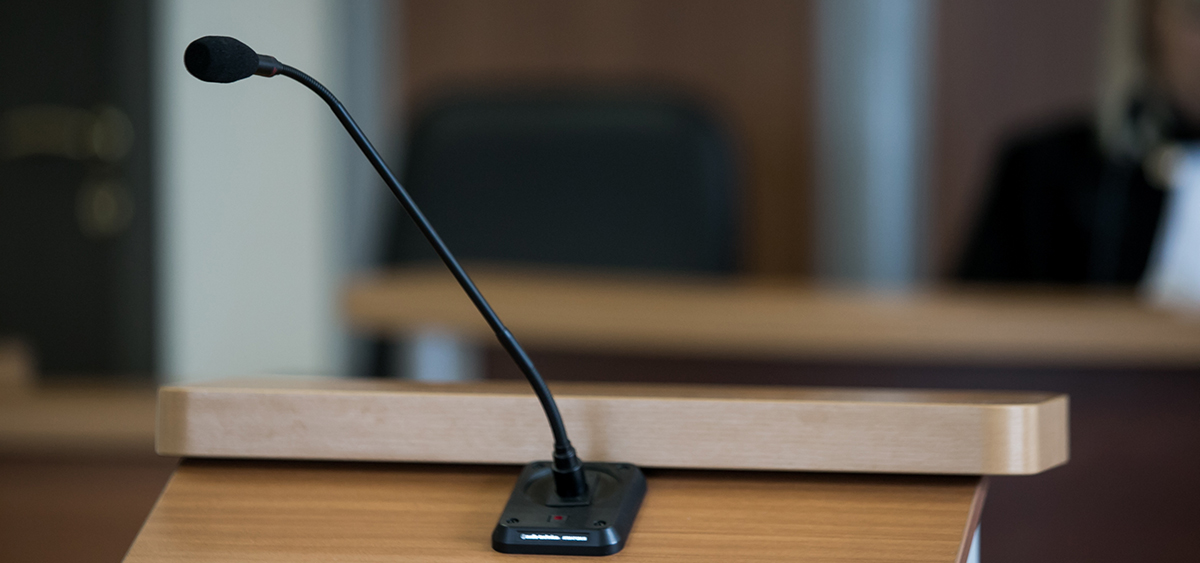A teenager required to appear in front of a judge will receive a document called a summons, an appearance notice or an undertaking. No matter which document the teenager gets, he will have to go to court at the time and date stated in the document.

Appearance: The Teenager Must Go
An appearance is when a person goes in front of a judge for the first time after being stopped by the police. It is not a trial. People under 18 go to the Youth Division of the Court of Québec, often called youth court. Teenagers must go to their appearances. They have no choice.
Teenagers have the right to have their parents with them at their appearance. They also have the right to have a lawyer help them.
What Happens During the Appearance?
People are officially accused of one or more crimes at their appearance.
|
Important! It’s a crime not to appear in front of a judge at the time and date stated in the summons, appearance notice or promise to appear. It’s also a crime for people to refuse to have their fingerprints taken. People must follow these orders. They have no choice. |
Fingerprints
If a teenager is asked to go to the police station to have his fingerprints taken, he must go.
The summons, appearance notice or undertaking contains general information about fingerprinting.
Pleading Guilty or Not Guilty
After a teenager is told what crimes he is accused of, he must give the judge his official answer to each accusation. The teenager can answer that he is guilty of the crimes he’s accused of. Or he can answer that he is not guilty. Giving these answers is called pleading. A person can plead guilty or not guilty.
The teenager should ask his lawyer what happens if he pleads guilty or not guilty.
Pleading Not Guilty: There Will Be a Trial
If a teenager pleads not guilty, he will probably have a trial. A trial is usually the most important part of the case. Lawyers for both sides give proof and arguments in court so the judge can make a decision.
If a teenager pleads not guilty, he will be able to see the proof against him. This is often a copy of the police report. A police report says what the teen did and what witnesses have said. Witnesses are people who have information about the crime.
In Canada, anyone accused of a crime is innocent until proven guilty. This means that it’s not up to an accused person to prove he did not commit the crime. Instead, it’s the prosecutor who has to prove that the person did it. The prosecutor is officially called the criminal and penal prosecuting attorney. Prosecutors are government lawyers who bring criminal cases to court.
Pleading Guilty: What Happens?
If a teenager pleads guilty, there will not be a trial. When people plead guilty they are saying that they committed the crime.
The judge will make sure that there are good reasons to accuse the teenager of a crime. The judge will also make sure that the teen really understands what is happening and what he is accused of.
The judge then finds the teenager guilty. Later on, the judge will give the teen his punishment. The punishment is called a sentence.





